October 29, 2025
Data Shows Endangered Palau Ground Doves Swiftly Recovering After Successful Palauan Island Conservation Effort
Astounding evidence of recovery on Ulong Island in Palau after just one year!
Published on
March 20, 2018
Written by
Island Conservation
Photo credit
Island Conservation

Resources: Photo Gallery
In a world-leading conservation effort, mice have been successfully eradicated from Antipodes Island in the New Zealand Subantarctic, Conservation Minister Eugenie Sage announced today.
Million Dollar Mouse, a joint initiative between the Department of Conservation (DOC) and funding partners the Morgan Foundation, WWF-New Zealand, Island Conservation and public supporters, has successfully delivered one of the most complex island eradication projects ever undertaken.
This is huge news for conservation both in New Zealand and internationally,” Ms Sage said.
Special plants and wildlife, including 21 species of breeding seabirds, more than 150 species of insects – 17 per cent of them only found on the Antipodes; 21 uncommon plant species and four unique land birds are found on the Antipodes Island. They can now thrive with mice no longer preying on the insects or competing with the land birds.”
The Minister visited Antipodes Island aboard the HMNZS Wellington in February when the outcome monitoring team were dropped off to review whether the winter 2016 baiting operation was successful.
During her visit, she saw first-hand the challenges the project faced, including remoteness, scale, and difficult terrain.
The successful Antipodes Island mouse eradication is another landmark conservation achievement which underlines DOC’s technical expertise in pest control and threatened species protection.”

Seeing so many Antipodean and Reischek’s parakeets, pipits and insects flourishing on what is now a predator-free island is a tribute to the ambition, planning, dedication and skills of everyone involved from the helicopter pilots and bait crews in 2016 to the monitoring team this year.”
Led by DOC’s Finlay Cox, the monitoring team searched the island for almost a month and found no sign of mice. They were assisted by three rodent detecting dogs from the Conservation Dogs programme, supported by Kiwibank and Auckland City Council. They returned to Dunedin yesterday.
Richard Griffiths, Project Director at Island Conservation commented:
The removal of invasive species from island ecosystems is a proven way to protect biodiversity and prevent extinctions. We are thrilled at having being able to collaborate on this monumental achievement to protect Antipode’s threatened species and look forward to partnering with the Department of Conservation on its next steps toward Predator-Free New Zealand.”
DOC’s Island Eradication Advisory Group (IEAG) has declared the Antipodes Island officially mouse free.
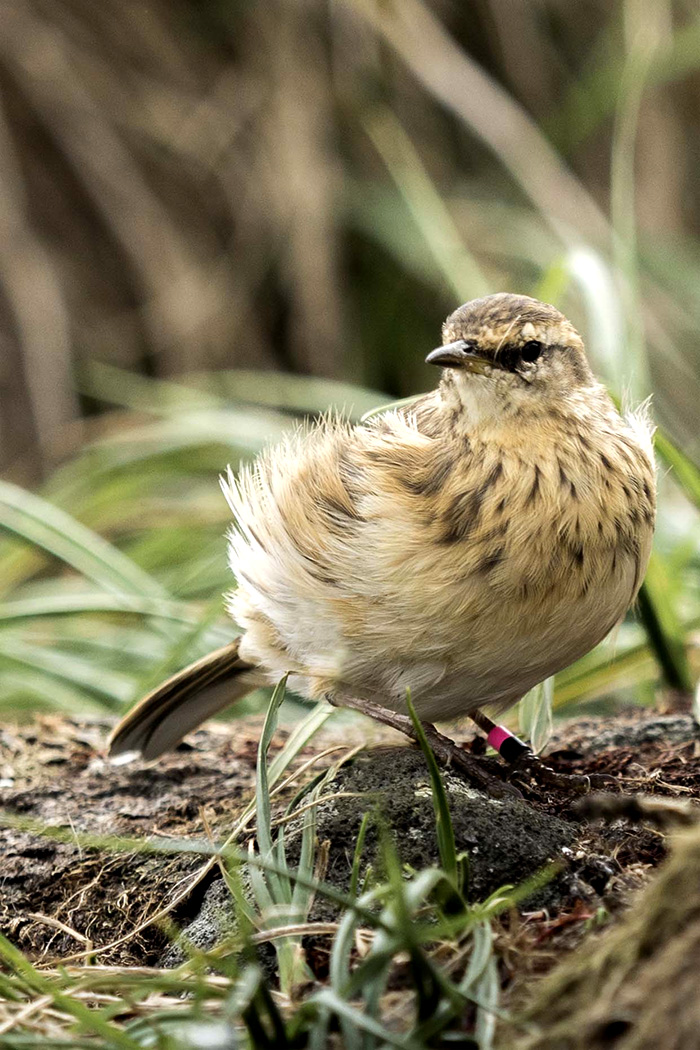
DOC Project Manager Stephen Horn said work started on the project in 2014, but planning started much earlier.
The success of this project was built on the lessons and experience from many other island eradications in New Zealand and abroad. The Subantarctic islands are remote, but the role they play in global conservation as the home for so many unique species can’t be overstated,” he said.
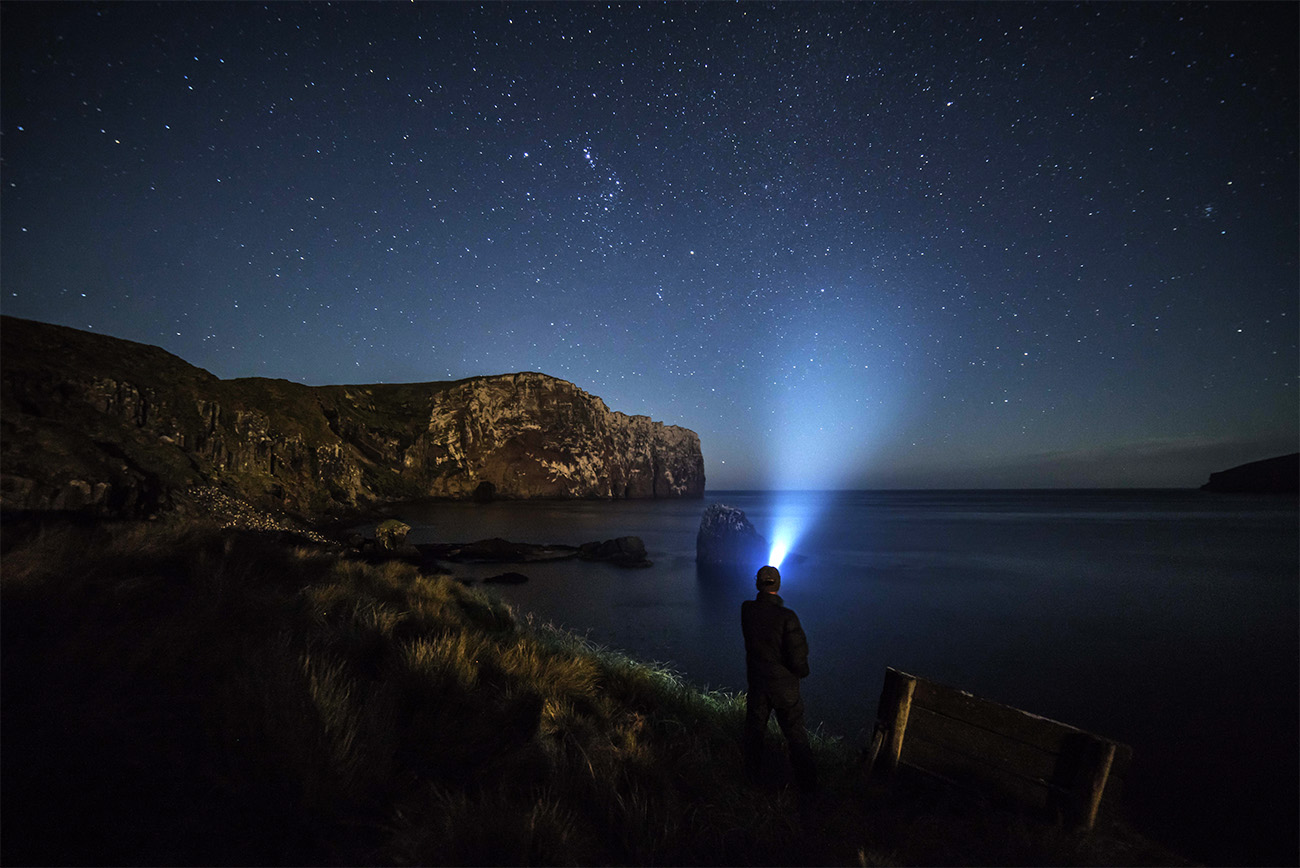
This success is not down to any single organisation or country and thanks must go to everyone involved, particularly the New Zealand public. Their donations and belief in the outcome got this project off the ground.”
Contacts: Maggie Tait 0273-469-570
Background information
The Antipodes Island group is located about 760 km south east of New Zealand. The 2,100 hectare islands are protected as a Nature Reserve and are recognised internationally as a World Heritage site for their outstanding natural values.
Antipodes Island had a large mouse population of about 200,000. House mice eat invertebrates, prey on bird chicks and eggs and also eat plant material including seeds. This competition for resources and predation had altered the biodiversity of the Antipodes islands. Mice had already wiped out two taxa of insects from Antipodes Island (an unnamed weta and a large beetle Loxomerus n. sp.) Additionally Black-bellied storm petrels (fregetta tropica) and Subantarctic little shearwaters (Puffinus elegans) only breed on the mouse free offshore islands.
Mice on Gough Island and Marion Island in the South Atlantic have been recorded killing large seabird chicks by literally eating them alive on the nest. It was not known whether this was happening on the Antipodes but this is a behavioural shift that would be a risk for all twenty-five bird species breeding on Antipodes and which successful eradication has now protected against.
DOC successfully eradicated cats and rats from Great Mercury Island in the Hauraki Gulf (2014) and eight different mammalian pests were eradicated from Rangitoto Motutapu Islands (2009) including rats, mice, cats and stoats.
In the Subantarctic DOC has previously eradicated rats from 11,800 ha Campbell Island in 2001. In the Auckland Island group rabbits and mice were eradicated from Enderby and Rose Islands in 1993 and a small population of goats were eradicated from the main Auckland Island by 1992.
[gdlr_blog category=”antipodes-island” num_fetch=”50″ num_excerpt=”20″ blog_style=”blog-1-3″ thumbnail_size=”post-thumbnail-size” orderby=”date” order=”des” pagination=”enable” ]
Check out other journal entries we think you might be interested in.

October 29, 2025
Astounding evidence of recovery on Ulong Island in Palau after just one year!
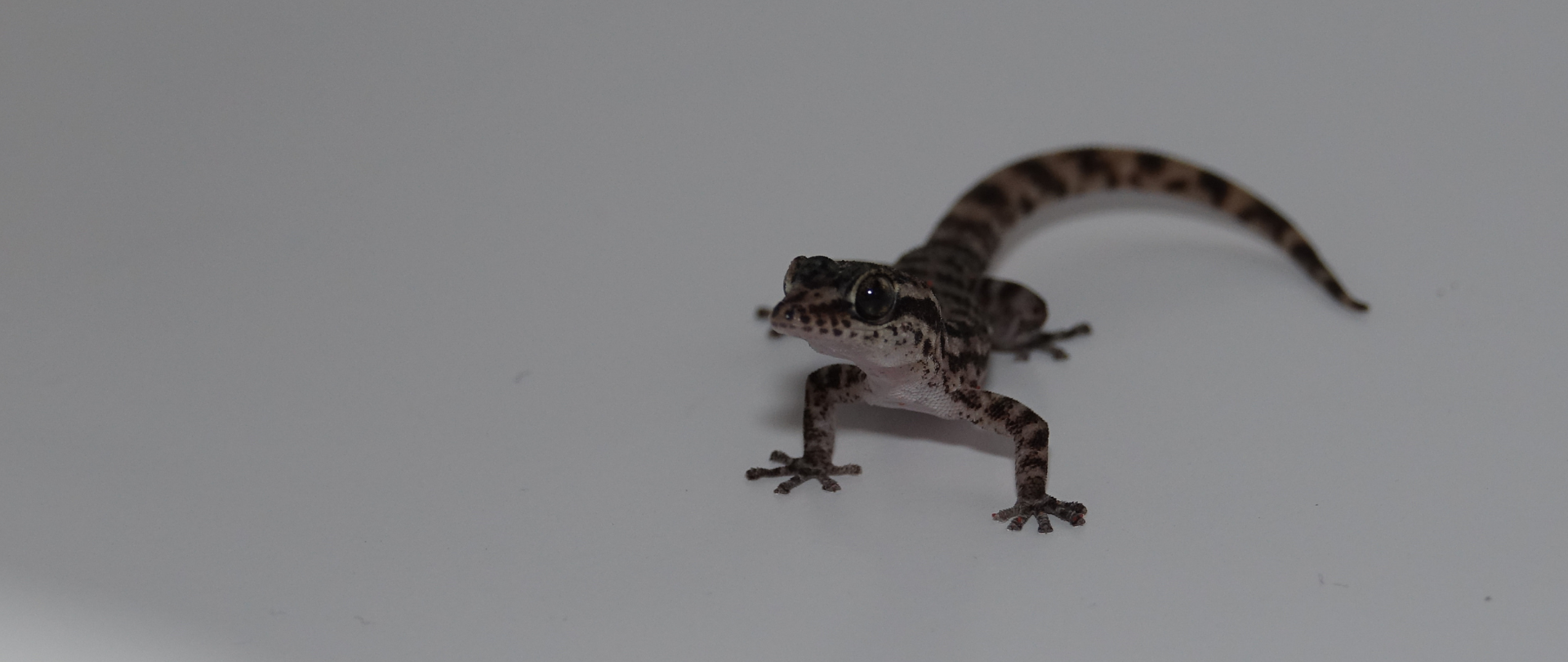
July 22, 2025
A species once thought extinct just made its comeback. A study published in PLOS ONE confirms the Leaf-toed Gecko has been rediscovered on Rábida Island in the Galápagos.
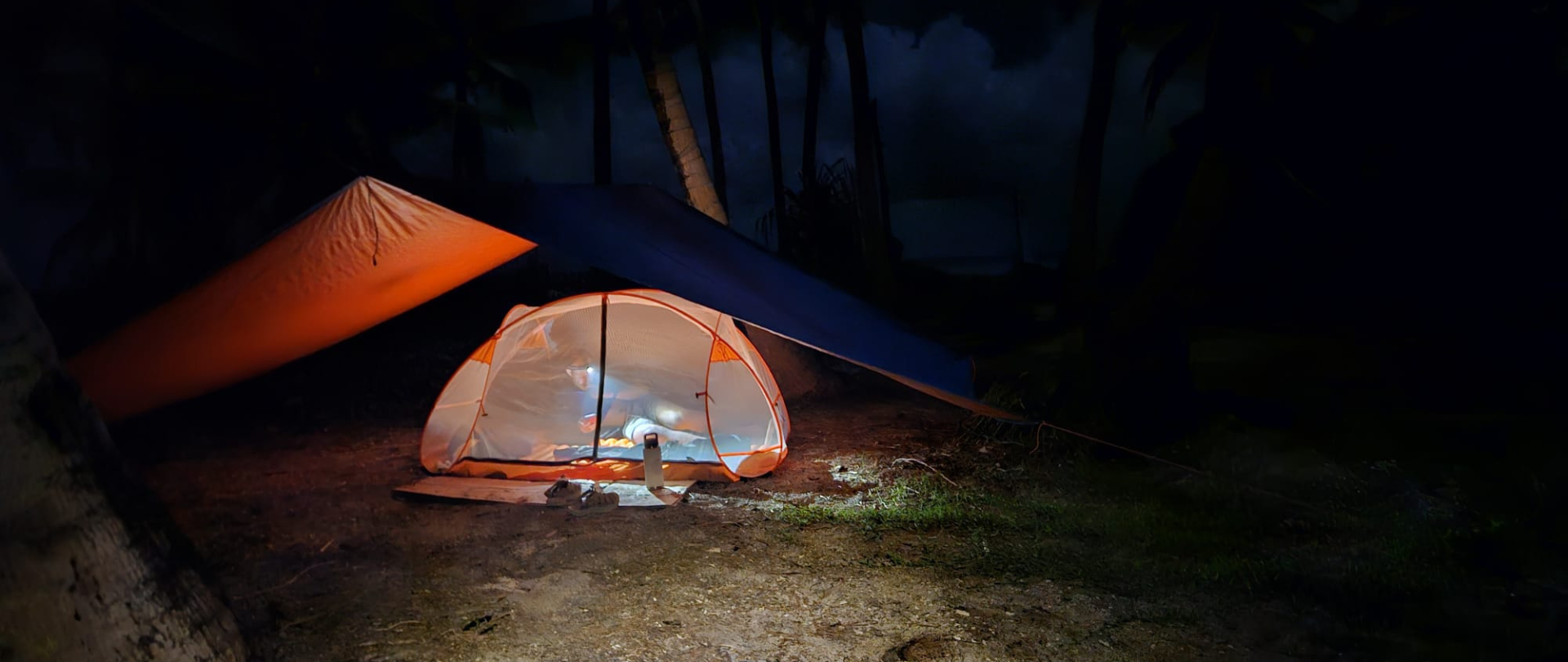
July 17, 2025
Great news from Tuvalu--our projects to restore Nukufetau Atoll, Tepuka, and Falefatu were successful!

June 17, 2025
Two new islands join the Island-Ocean Connection Challenge, linking terrestrial and marine conservation for maximum impact!
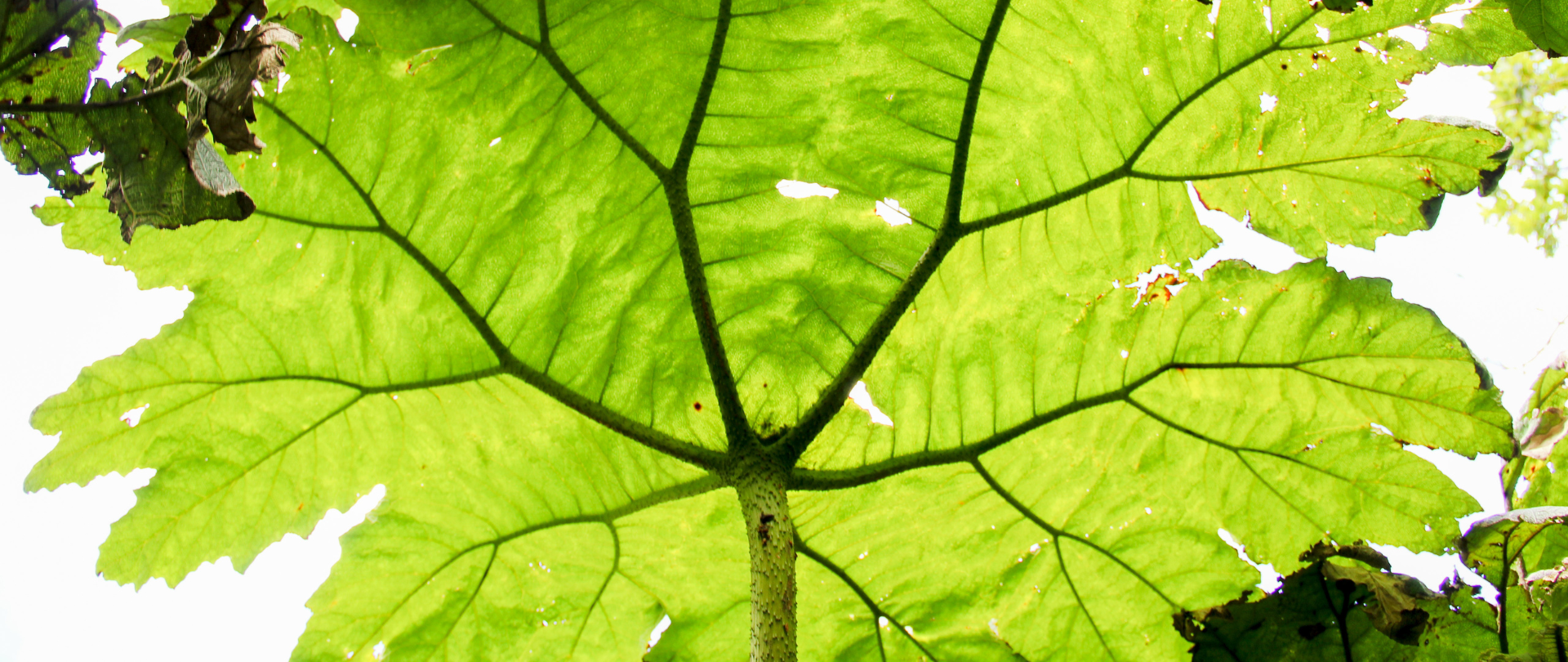
June 13, 2025
Our partner Conservation X Labs has joined the IOCC, committing to deploying transformative technology to protect island ecosystems!
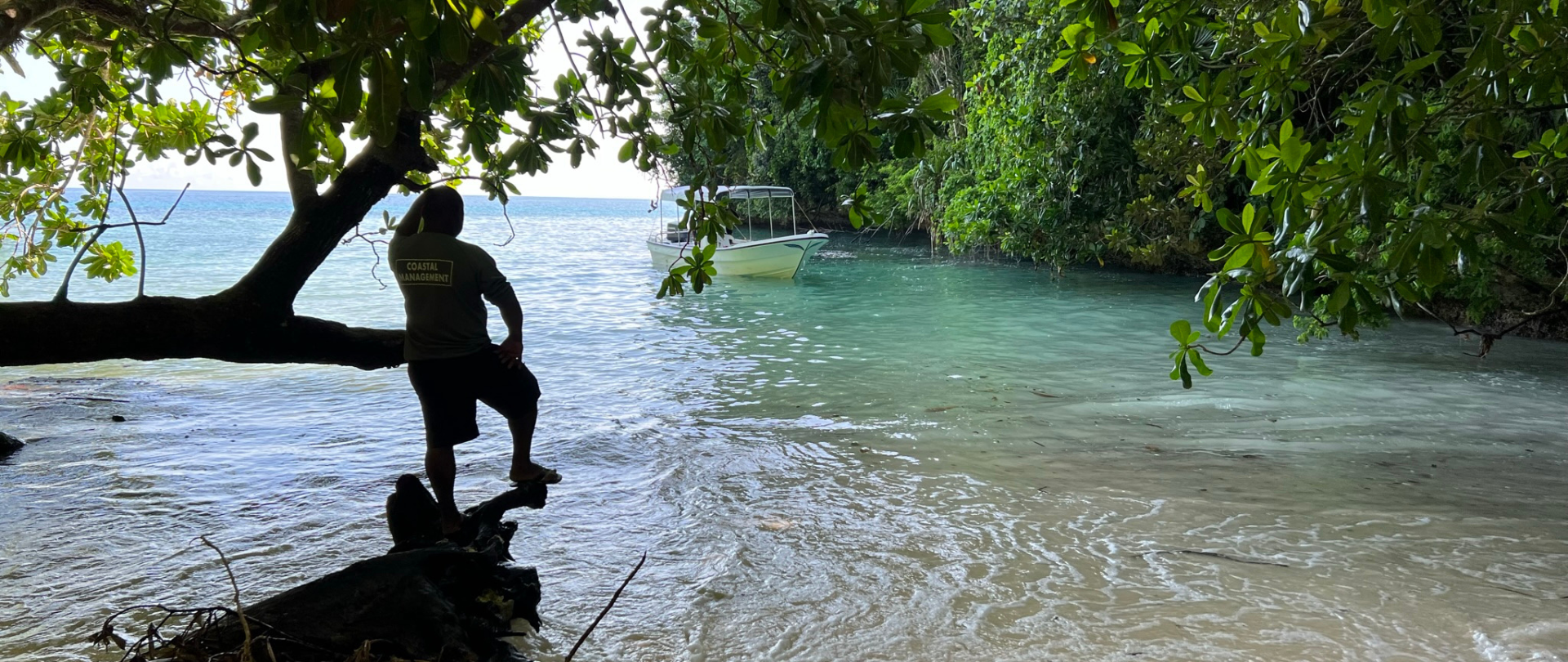
May 19, 2025
Read our position paper on The 3rd United Nations Ocean Conference (UNOC 3) to see why we're attending and what we aim to accomplish!
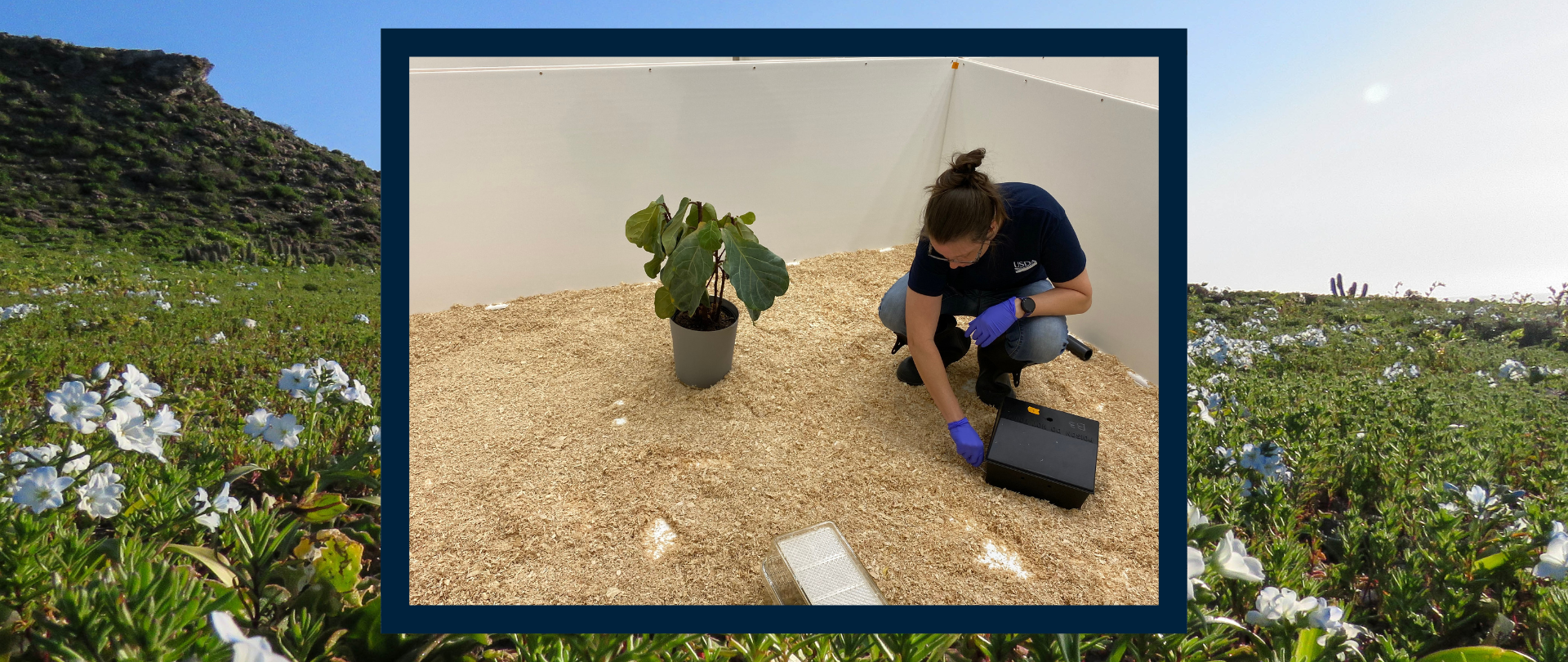
March 11, 2025
New environmental DNA technology can help protect vulnerable island ecosystems from destructive invasive species.
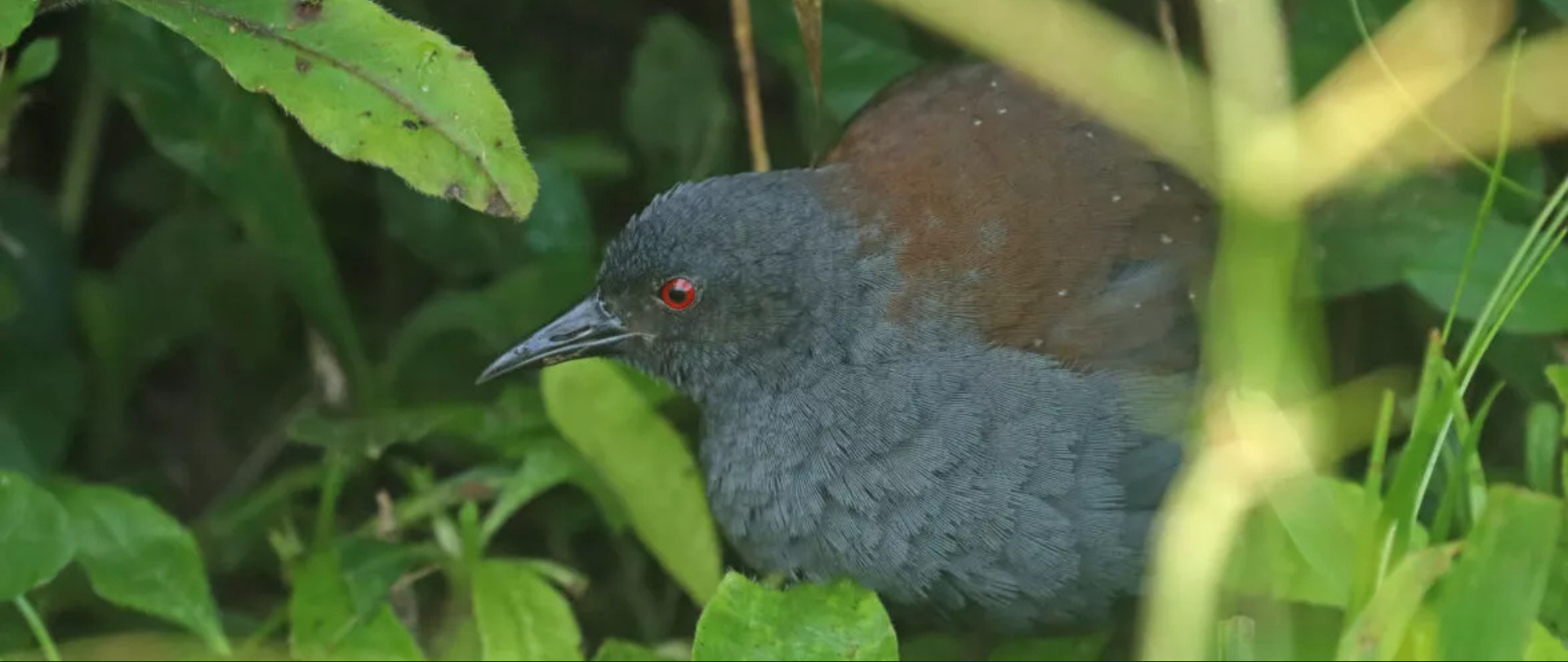
February 27, 2025
A locally-extinct species of ground-dwelling bird was found on Floreana Island!
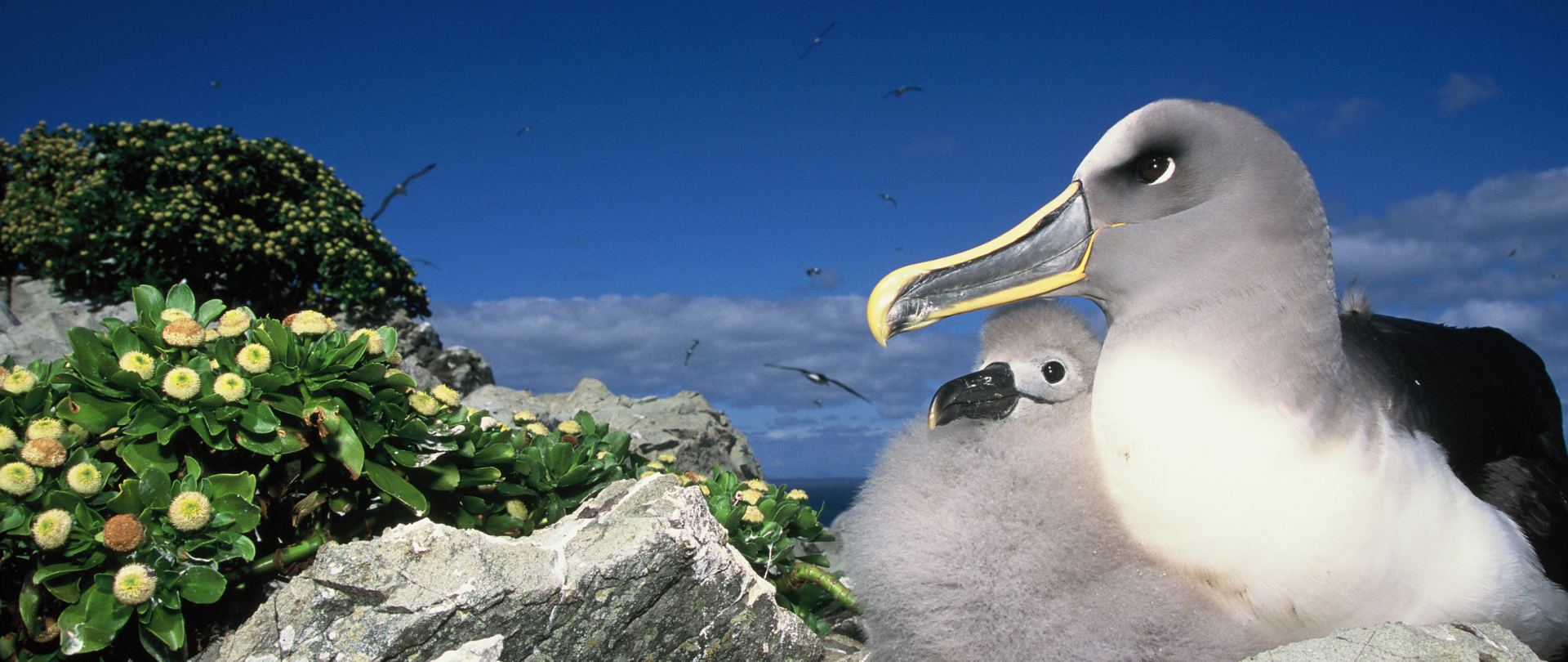
February 20, 2025
February 20, 2025, Bluff, New Zealand – The international conservation initiative, Island-Ocean Connection Challenge (IOCC), led by Island Conservation, Re:wild, and UC San Diego’s Scripps Institution of Oceanography, proudly welcomes three of New Zealand’s most ecologically rich islands into its…